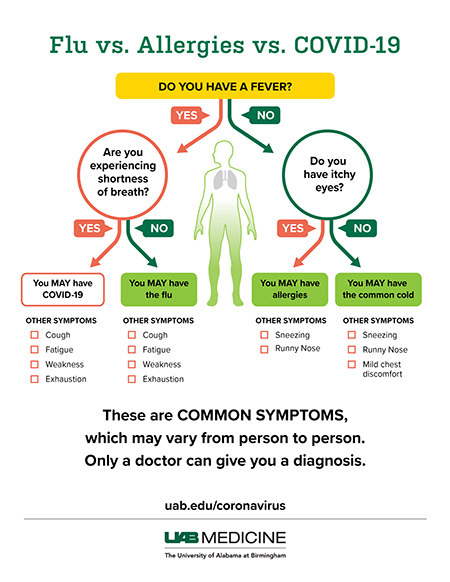A dog runny nose can be caused by foreign objects that obstruct the nasal passages. Allergies are a common cause of a constant runny nose.
 How To Cure A Runny Nose 5 Remedies To Try At Home
How To Cure A Runny Nose 5 Remedies To Try At Home
Clear watery discharge is usually non-infectious.

What causes sneezing and runny nose. Nonallergic rhinitis causes the symptoms of rhinitis without the cause being allergies. Symptoms that accompany a foreign object obstruction include sneezing pawing at the nose and nose bleeds. The sneezing should stop once the foreign body is dislodged but if sneezing continues it is likely stuck.
Anything that irritates or aggravates your nose can cause a runny nose a stuffy nose or sneezing. Caused by a virus a cold comes with runny nose sore throat sneezing and cough that last about a week. With allergic rhinitis your immune system overreacts to.
A drastic change in the weather can prompt vasomotor rhinitis. In other cases an irritant or mediation are to blame. Colds and the flu which stem from infections and other irritants can contribute too.
My cat has a. Causes of a runny nose related to infection may include the following. Pollen-food allergy syndrome or oral food allergy syndrome can cause sneezing and a runny nose when you eat certain foods even if you are not usually allergic to them.
Triggers for nonallergic rhinitis include. A runny nose is often the result of an infection which mucus helps spread to other people. White yellow or green nasal discharge is more likely to be due to an infection.
Sinusitis is an inflammation of the sinuses which may also be the problem. White to pale yellow mucus. Allergens in your living space such as dust mites pollen mold and pet dander can cause watery eyes runny nose and nasal congestion.
Runny Nose and Sneezing List of Causes Morning and night sneezing bouts with severe rhinitis may be possibly due to allergic or hormones. In the early days of the pandemic it was thought that having a runny nose was not a symptom. Other common symptoms include runny nose nasal congestion itchy or watery eyes.
Allergic reaction causes sneezing runny nose and hives and can lead to anaphylaxis a whole body reaction. Sneezing fits are the most common symptom that you have allergic rhinitis. If your nose just wont stop running and you cant find the cause you may have nonallergic rhinitis.
Irrespective of the trigger both ginger and garlic are known to offer relief for runny nose and sneezing. You need to get rid of these things in your house as well as irritants that can cause symptoms such as fumes strong perfumes and paint smells. Here is brief coverage of these two home remedies.
When allergies affect your nose its called allergic rhinitis or hay fever. Both of these are symptoms which can be accompanied by a runny nose and sneezing but the initial cause will be something else. Such symptoms include a blocked or runny nose and sneezing.
Common obstructions include things like foxtails and grass awns. While most of us are aware of the three classic signs of cough fever and loss of smell anosmia thanks to millions of contributors to the ZOE COVID Symptom Study app we now know that there are more than 20 symptoms of the disease. Here are some tips on how to stop sneezing and runny nose to help you find relief and breathe easier.
Allergens cause symptoms such as sneezing a headache or a sore throat. Runny nose that is accompanied by sneezing could be caused by various medical conditions including allergy reaction to an allergen common cold and nasal irritation. Next learn how to stop coughing.
COVID-19 is a complex disease with many different symptoms. This could also be due to seasonal rhinitis which is characterized by frequent attacks of sneezing. You may experience bouts of sneezing after you wake up in the morning.
When a person has a condition called vasomotor rhinitis this results in postnasal drip a runny nose sneezing and nasal congestion. A foreign body which gets up the rabbits nose may also stimulate a sneezing response coughing sounds usually are due to something stuck in their throat. Your nose will drip like a biological faucet in the morning when you get up.
Most commonly they will be a bacterial or viral infection. These inhaled particles can also irritate the nasal passage resulting in excess mucus and a runny nose.
